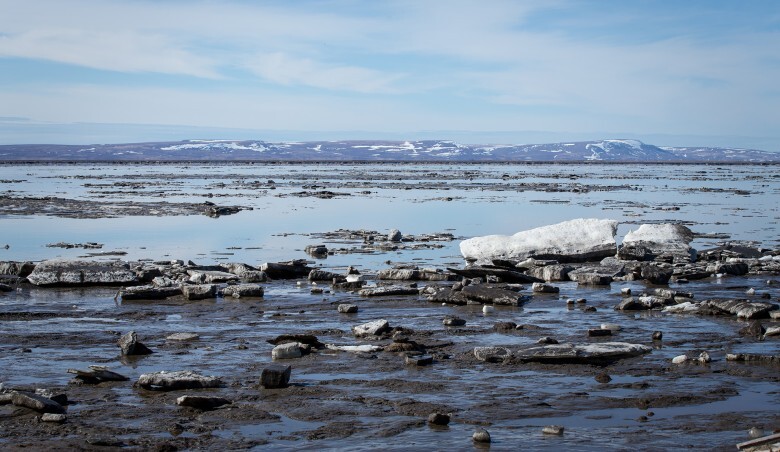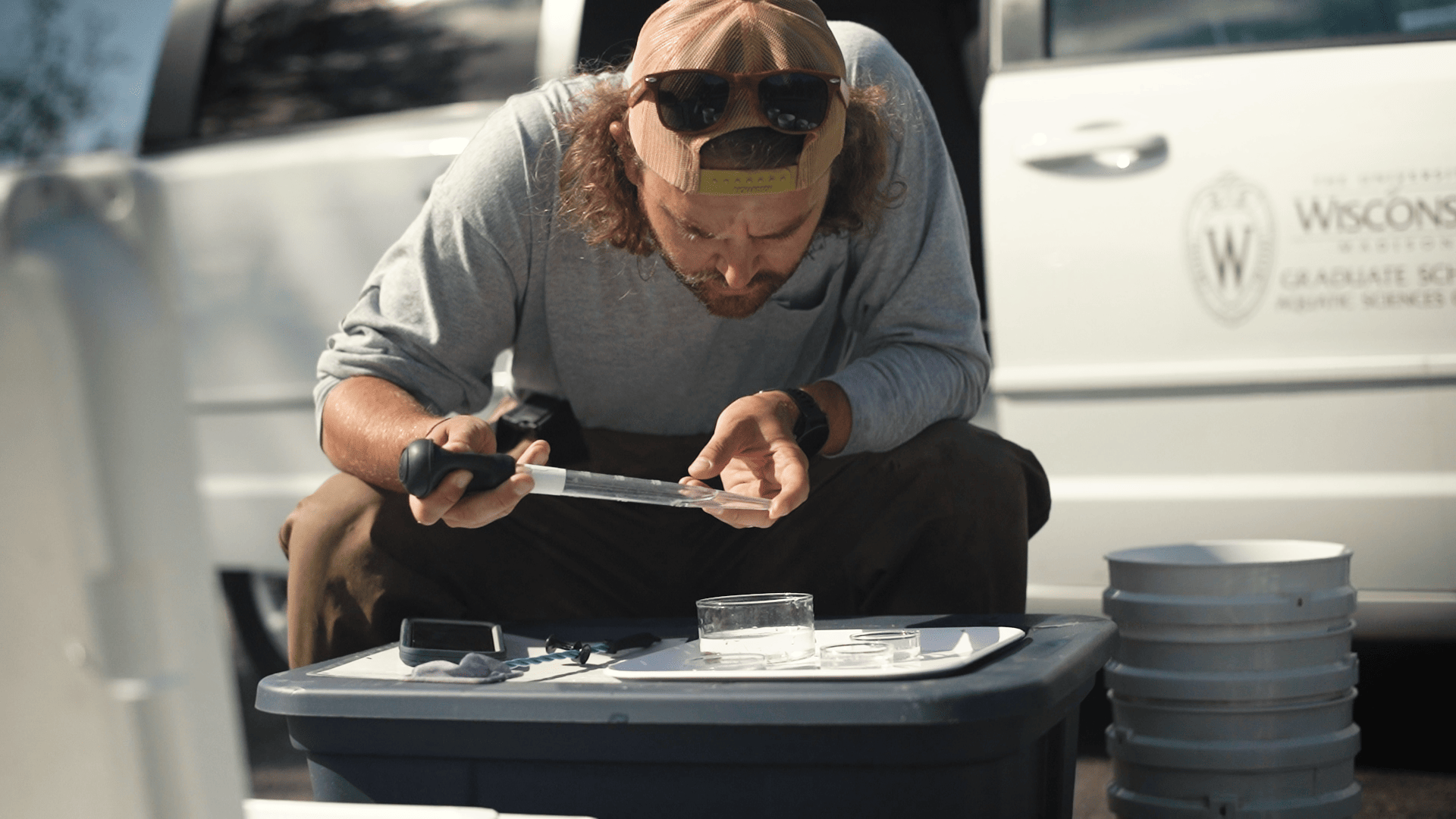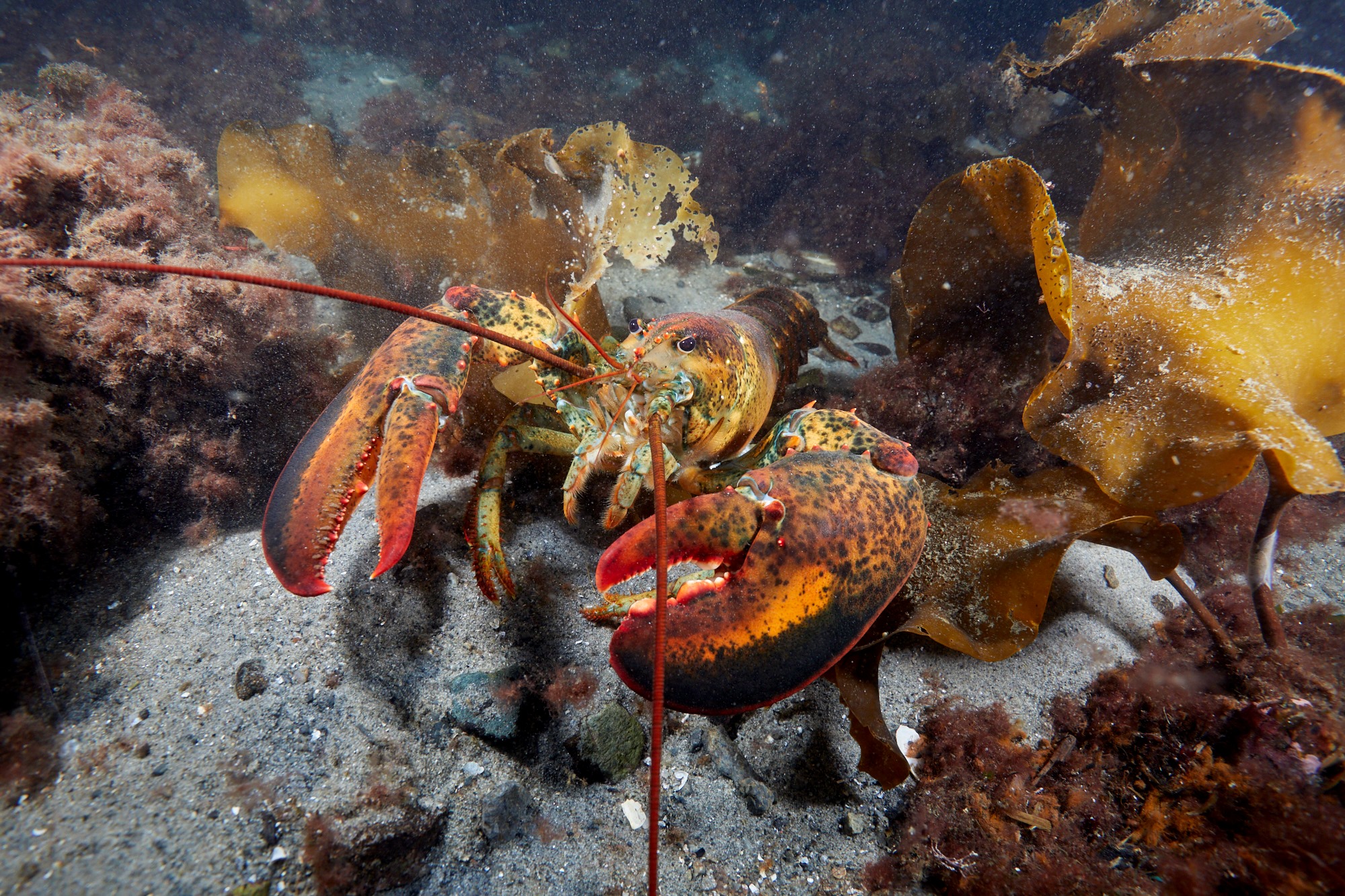By: Megan McKeown,
Knauss Fellow,
U.S. House of Representatives Committee on Science, Space, and Technology
Turn on any of today’s news outlets and it’s easy to believe bipartisanship is dead. But after almost a year of witnessing how the “sausage gets made” on Capitol Hill, I can tell you that there are pockets of Congress where bipartisanship is still alive.
As a 2021 Knauss marine policy fellow, I work for the U.S. House of Representatives Committee on Science, Space, and Technology (House Science Committee). Instead of working directly for a member of Congress, my office serves as the legislative experts for all things science. This includes overseeing activities of all the major federal science agencies such as NOAA, NASA, DOE, and EPA, among others. I knew I’d found the right office when, in addition to being a huge science nerd, my mentor told me the office appreciated my joke about aliens in my fellowship application!
The aspect of the House Science Committee I appreciate most though is how committed the congressional members and staff are to working in a bipartisan manner. While committees are divided along party lines, from my work with the minority staff, I’ve seen firsthand how hard Ranking Member Frank Lucas [R-OK] and Chairwoman Eddie Bernice Johnson [D-TX] work to cultivate a productive bipartisan spirit in all committee activities.
One of my roles is to help prepare the committee for hearings. Hearings primarily serve as an opportunity for members of the committee to ask questions of expert witnesses on specific and timely topics. The ultimate goal is to use what is learned in hearings to inform future legislation.
Most memorable for me was working on the hearing titled, “Defining a National ‘Oceanshot’: Accelerating Ocean and Great Lakes Science and Technology”. Given the excitement on both sides of the aisle toward promoting U.S. ocean exploration, the minority and majority staff decided to plan the hearing together. This was an incredible opportunity not only because I interviewed trailblazers in ocean exploration like Robert Ballard (discoverer of the sunken Titanic) but also because I worked closely with former Knauss fellow Lauren Linsmayer, who worked for the majority staff. Through bipartisan coordination, we ensured our panel witnesses represented diverse geographic locations and interests and avoided partisan squabbling amongst committee members.
Another aspect of committee work I’ve been privy to is policy and legislative negotiations. When I helped negotiate bill text in the COAST Research Act, which funds ocean acidification research and monitoring, I saw how the back-and-forth process with our majority ultimately resulted in a better bill. Most of the changes our staff provided on the bill text were catching grammatical errors but we also had a lot of dialogue centered on how certain language might be misinterpreted by the agencies. Since we worked in an open and collaborative manner at the staff level, we were able to craft a bill that garnered both Democratic and Republican cosponsors, leading to a smooth passage on the House floor.
One of the biggest takeaways from my fellowship is understanding that national political news does not always provide the whole picture. While the big and sticky legislation often dominates news headlines, behind all that hullabaloo, there are members of Congress working across the aisle to make gradual but steady improvements to our nation. At the House Science Committee, in particular, we’re all highly motivated to fuel scientific discovery and advance America’s scientific competitiveness. You just might not have heard about our legislative wins because, oftentimes, our work is not “jazzy” enough to make headlines.
Working for such a bipartisan office has given me great insight into how to draft legislation that is politically feasible for Congress to pass and beneficial to society more broadly. I’ve also learned how to collaborate with individuals even when we don’t see eye to eye. In whatever comes next for me after my Knauss year, I know that I will forever be a champion of promoting a bipartisan climate.


